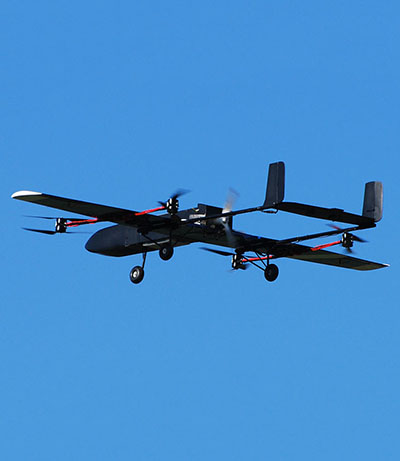WHO: Ebola 'out of control' in West Africa
Admits some patients take longer than 21 days to show symptoms
by Jerome R. Corsi
October 14, 2014
Read more at http://www.wnd.com/2014/10/who-ebola...86OK8ByG92Z.99
NEW YORK – The World Health Organization announced Tuesday that while the Ebola epidemic appears to have been stopped in Senegal and Nigeria, the disease remains “out of control” in Guinea, Sierra Leone and Liberia.
“In Guinea, Liberia and Sierra Leone, new cases continue to explode in areas that looked like they were coming under control,” WHO said in a newly released Ebola situation update.
“An unusual characteristic of this epidemic is a persistent cyclical pattern of gradual dips in the number of new cases, followed by sudden flare-ups,” the United Nations agency said.
“WHO epidemiologists see no signs that the outbreaks in any of these three countries are coming under control.”
WHO further disclosed that the incubation period for the current strain of Ebola could be longer than 21 days, meaning some people infected with the virus might not show symptoms until later than previously reported.
“Recent studies conducted in West Africa have demonstrated that 95 percent of confirmed cases have an incubation period in the range of one to 21 days; 98 percent have an incubation period that falls within the one to 42 day interval,” the WHO report disclosed.
WHO also reported being alarmed by “media reports of suspected Ebola cases imported into new countries that are said, by government officials or ministries of health, to be discarded as ‘negative’ within hours after the suspected case enters the country.”
The U.N. agency cautioned that rapid determination of infection status is impossible, casting grave doubts on some of the official information that is being communicated to the public and the media.
WHO recommended that the first 25 positive cases and 50 negative specimens detected by a country without a recognized national reference viral haemorrhagic fever laboratory be sent for secondary confirmatory testing to a WHO collaborating center. The centers are specialized in the safe detection – at biosafety level IV – of viral haemorrhagic fevers.
Similarly, for countries with a national reference laboratory for viral haemorrhagic fevers, WHO recommended that initial positive cases should also be sent to a WHO collaborating center for confirmation.
If results are concordant, laboratory results reported from the national reference laboratory would be accepted by WHO.
Read more at http://www.wnd.com/2014/10/who-ebola...86OK8ByG92Z.99
Admits some patients take longer than 21 days to show symptoms
by Jerome R. Corsi
October 14, 2014
Read more at http://www.wnd.com/2014/10/who-ebola...86OK8ByG92Z.99
NEW YORK – The World Health Organization announced Tuesday that while the Ebola epidemic appears to have been stopped in Senegal and Nigeria, the disease remains “out of control” in Guinea, Sierra Leone and Liberia.
“In Guinea, Liberia and Sierra Leone, new cases continue to explode in areas that looked like they were coming under control,” WHO said in a newly released Ebola situation update.
“An unusual characteristic of this epidemic is a persistent cyclical pattern of gradual dips in the number of new cases, followed by sudden flare-ups,” the United Nations agency said.
“WHO epidemiologists see no signs that the outbreaks in any of these three countries are coming under control.”
WHO further disclosed that the incubation period for the current strain of Ebola could be longer than 21 days, meaning some people infected with the virus might not show symptoms until later than previously reported.
“Recent studies conducted in West Africa have demonstrated that 95 percent of confirmed cases have an incubation period in the range of one to 21 days; 98 percent have an incubation period that falls within the one to 42 day interval,” the WHO report disclosed.
WHO also reported being alarmed by “media reports of suspected Ebola cases imported into new countries that are said, by government officials or ministries of health, to be discarded as ‘negative’ within hours after the suspected case enters the country.”
The U.N. agency cautioned that rapid determination of infection status is impossible, casting grave doubts on some of the official information that is being communicated to the public and the media.
WHO recommended that the first 25 positive cases and 50 negative specimens detected by a country without a recognized national reference viral haemorrhagic fever laboratory be sent for secondary confirmatory testing to a WHO collaborating center. The centers are specialized in the safe detection – at biosafety level IV – of viral haemorrhagic fevers.
Similarly, for countries with a national reference laboratory for viral haemorrhagic fevers, WHO recommended that initial positive cases should also be sent to a WHO collaborating center for confirmation.
If results are concordant, laboratory results reported from the national reference laboratory would be accepted by WHO.
Read more at http://www.wnd.com/2014/10/who-ebola...86OK8ByG92Z.99

Comment